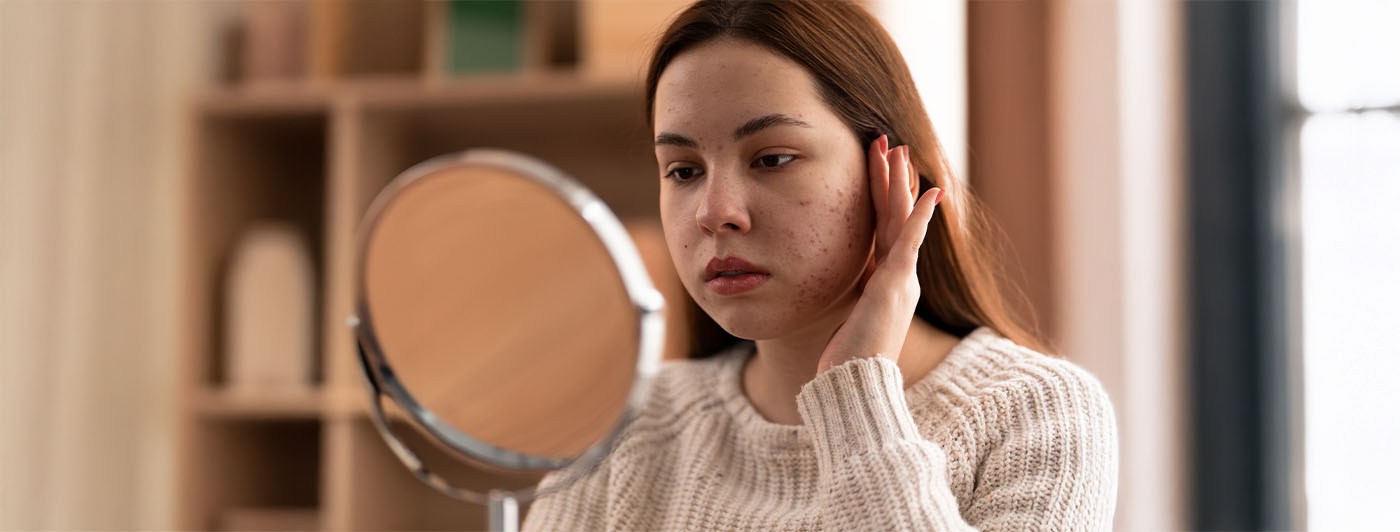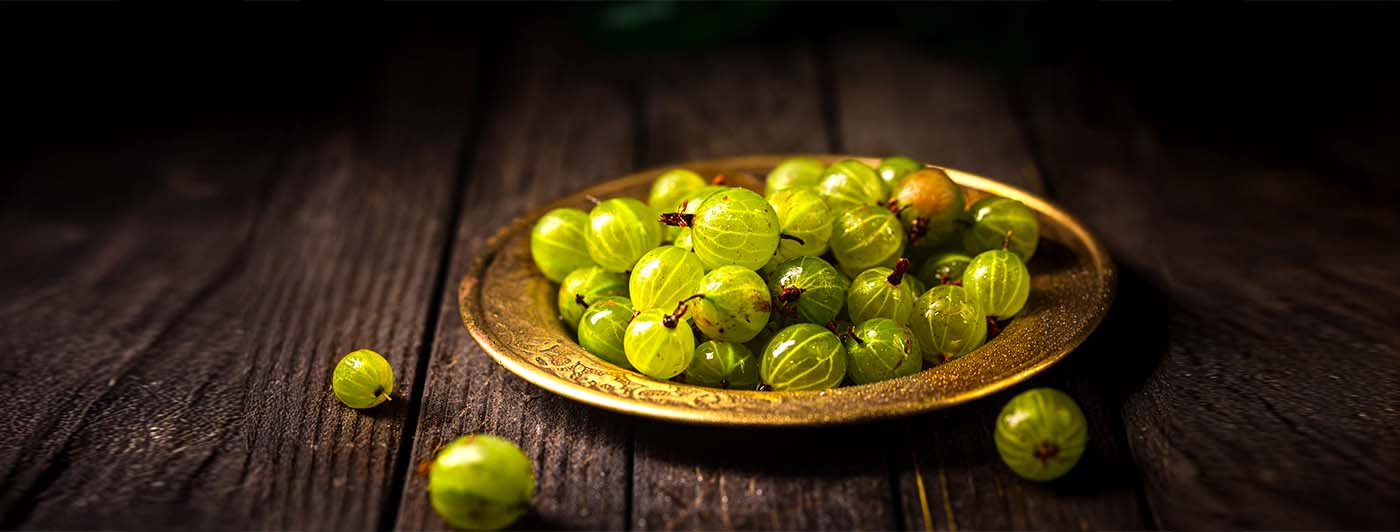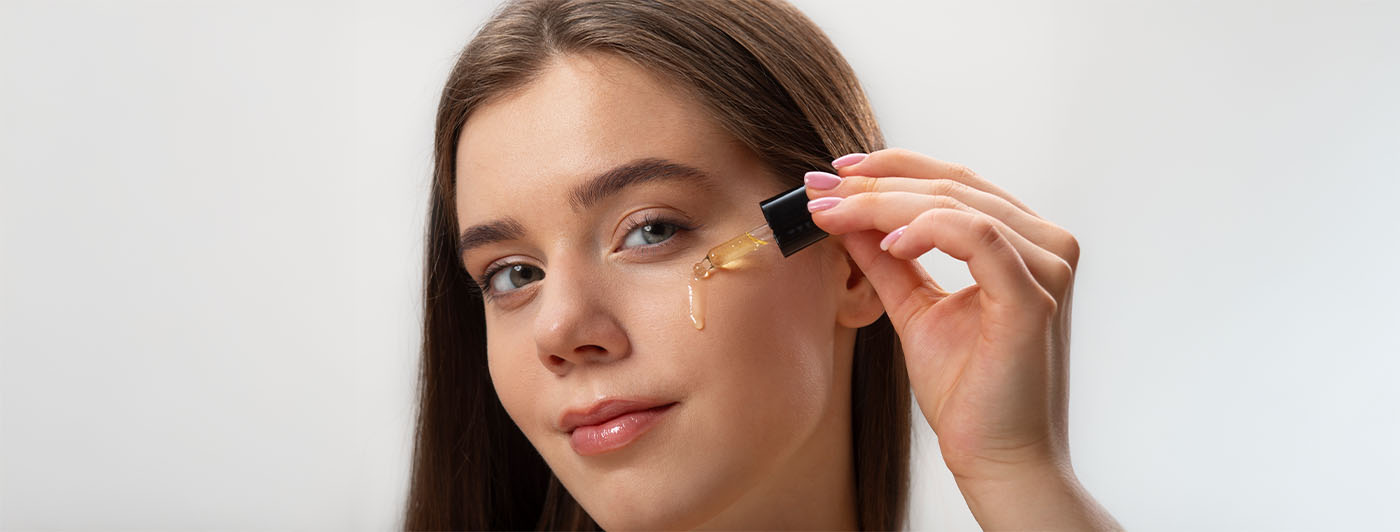Tired of waking up to stubborn pimple marks that refuse to fade? You’re not alone. Acne may disappear, but the dark spots it leaves behind often linger — dulling your glow and confidence.
If you’ve been wondering how to remove dark spots caused by pimples, the good news is that there are science-backed methods to fade them fast and restore your natural radiance.
And remember, clear skin starts from within. Adding plant protein to your diet supports cell repair, boosts collagen, and speeds up healing.
In this guide, we’ll explore 7 proven, dermatologist-approved ways to lighten pigmentation, even out your skin tone, and bring back your healthy glow.
1. Vitamin C for Dark Spots
When it comes to how to remove dark spots caused by pimples, Vitamin C is often the first line of defense. This powerful antioxidant helps inhibit melanin production, the pigment responsible for those stubborn marks. By applying a Vitamin C serum daily, you can significantly reduce pigmentation while boosting collagen formation for smoother, firmer skin.
Choose a serum with 10–20% L-ascorbic acid and apply it on clean skin in the morning. Pairing it with sunscreen enhances protection and prevents new dark spots from forming. Over a few weeks, your skin tone appears brighter and more even.
Interestingly, the skin’s collagen network responds beautifully to consistent Vitamin C use—many people notice a visible Collagen Before and After improvement, as fine lines fade and texture refines.
2. Exfoliate with AHAs & BHAs
Dead skin cells sitting on the surface can make dark spots appear even darker. Gentle chemical exfoliants like Alpha Hydroxy Acids (AHAs)—for instance glycolic acid—and
Beta Hydroxy Acids (BHAs) like salicylic acid speed up skin renewal and help fade pigmentation faster.
When used correctly, these exfoliants can significantly improve uneven skin tone within weeks. Apply a low-strength AHA or BHA product 2–3 times per week at night. It’s one of the simplest ways for how to remove dark spots caused by pimples without harsh scrubbing.
Remember to hydrate afterward and never skip sunscreen during the day—exfoliation increases sensitivity to sunlight, which can trigger new dark spots.
3. Retinoids for Spot Removal
Retinoids, derivatives of Vitamin A, are the gold standard for many skin concerns, especially acne and post-acne pigmentation. They accelerate cell turnover, pushing out old, pigmented cells and promoting new, healthy ones.
According to a qualitative review, tretinoin was the first retinoid specifically evaluated for the treatment of hyperpigmentation in patients with melanin-rich skin, proving its effectiveness and safety across diverse skin tones.
Dermatologists often recommend using retinol serums or prescription-strength tretinoin to fade acne marks quickly. If you’re exploring how to remove dark spots caused by pimples using dermatologist-backed ingredients, retinoids are non-negotiable.
Start with a mild concentration (0.25%–0.5%) twice a week, gradually increasing frequency. Over time, retinoids not only reduce pigmentation but also boost elasticity and prevent future breakouts.
4. Sunscreen Protection
Even the most advanced treatments will fail without consistent sun protection. Ultraviolet rays trigger melanin production, darkening existing spots and creating new ones. For how to remove dark spots caused by pimples, applying a broad-spectrum SPF 50+ sunscreen daily is the most effective preventive step.
Reapply every two to three hours if you’re outdoors. Opt for mineral sunscreens with zinc oxide or titanium dioxide if you have sensitive skin.
To complement your skin’s healing process, increase your antioxidant intake through diet—foods rich in Vitamin E, zinc, and vitamin B12 fruits and vegetables support cellular repair and prevent oxidative damage.
5. Nutrition for Clear Skin
Skin repair starts inside your body. When you’re figuring out how to remove dark spots caused by pimples, don’t overlook nutrition. Protein helps rebuild damaged tissue, while micronutrients like zinc, copper, and Vitamin B12 enhance skin regeneration.
Plant-based eaters can boost protein intake through plant based protein powder, lentils, and chickpeas. Wondering which dal has highest protein? Moong dal and urad dal top the list, offering an excellent amino acid profile that supports collagen synthesis and cell repair.
A balanced diet with enough plant protein keeps your skin firm, resilient, and capable of recovering faster from blemishes. To calculate your ideal intake, you can use a protein intake calculator—a simple way to align your nutrition with your skincare goals.
6. Natural Remedies
Nature offers gentle yet effective solutions for how to remove dark spots caused by pimples. Aloe vera, for instance, contains aloin—a compound proven to lighten hyperpigmentation. Apply fresh aloe vera gel nightly; it soothes inflammation and gradually fades dark marks.
Similarly, niacinamide (Vitamin B3) is a powerhouse for evening out skin tone. When used daily in moisturizers or serums, niacinamide inhibits melanin transfer and strengthens the skin barrier, reducing redness and dullness.
Pairing these natural remedies with a diet rich in vitamin B12 rich dry fruits such as almonds, cashews, and pistachios further promotes skin recovery and hydration.
7. Healthy Habits
Beyond topical treatments, your lifestyle determines how quickly your skin heals. Chronic stress, lack of sleep, dehydration, and nutrient deficiencies all delay recovery and aggravate pigmentation.
Follow these habits to accelerate healing and maintain an even complexion:
-
Hydrate adequately: Water helps flush toxins and keeps skin supple.
-
Sleep 7–8 hours: Skin repairs itself during sleep.
-
Consume omega-3 fats: Found in nuts and seeds, these reduce inflammation.
-
Exercise regularly: Improves circulation and oxygen flow to the skin.
You can also add chia seeds for skin to your daily smoothie or overnight oats. Packed with omega-3s and antioxidants, they protect the skin barrier and promote brightness. Interestingly, for those trying to gain healthy weight while improving skin tone, chia seeds for weight gain can be an excellent addition to meals.
Bonus: Professional Treatments for Stubborn Dark Spots
If you’ve tried everything and your pigmentation remains, professional dermatological treatments can help. Here are some proven in-clinic solutions for how to remove dark spots caused by pimples effectively:

-
Chemical Peels: Use glycolic, lactic, or salicylic acid to exfoliate deeper layers and reveal brighter skin underneath.
-
Laser Therapy: Breaks down melanin deposits using controlled light energy.
-
Microneedling: Stimulates collagen production and improves skin texture.
-
Microdermabrasion: Gently sands away the outer layer of pigmented skin cells.
These treatments must be performed by licensed professionals after assessing your skin type and pigmentation depth.
What Diet Has to Do with Skin Recovery
Your diet plays a silent yet powerful role in pigmentation recovery. To enhance results while following how to remove dark spots caused by pimples methods, ensure you get a steady supply of antioxidants, protein, and vitamins.
Include leafy greens, citrus fruits, and lentils in your daily meals. A single serving of pea protein powder in your smoothie can boost amino acids essential for collagen regeneration. Add color to your plate with berries, bell peppers, and vitamin B12 fruits and vegetables to fight free radicals.
If you’re wondering about sustainable ways to increase protein intake, explore plant protein sources like quinoa, amaranth, and plant based protein powder—they offer clean nutrition without overloading your system.
Realistic Timeline and Patience
Many people expect overnight miracles, but pigmentation takes time to fade. Depending on how deep the melanin is deposited, you might need 4–12 weeks of consistent care. When implementing how to remove dark spots caused by pimples remedies, track your progress monthly—take pictures under natural light to see gradual improvement.
Remember, slow progress is still progress. Just as you see gradual transformation in Collagen Before and After pictures, dark spots too will lighten step by step as your skin regenerates.
Skincare Myths to Avoid
While learning how to remove dark spots caused by pimples, it’s easy to fall for misleading advice. Let’s clear up a few myths:
-
Myth 1: Lemon juice clears spots instantly.
-
Truth: It can irritate and burn your skin, worsening pigmentation.
-
Myth 2: Only expensive treatments work.
-
Truth: Consistency with simple, proven ingredients often brings better results.
-
Myth 3: Dark spots mean permanent damage.
-
Truth: With patience and proper care, post-inflammatory hyperpigmentation can fade completely.
The Role of Balanced Nutrition
For optimal results from your skincare routine, ensure your body receives enough protein, vitamins, and minerals. Foods like lentils, pulses, nuts, and dry fruits nourish your skin from within. If you’re curious about maximizing your diet, try a protein intake calculator to determine daily needs—especially useful for fitness enthusiasts or vegetarians.
Including which dal has highest protein varieties in your meals, like moong dal, can speed up tissue regeneration. Alongside this, micronutrients from vitamin B12 rich dry fruits keep your nervous system and skin cells healthy.
The Bottom Line
Pigmentation after pimples is common but not permanent. The best results come from combining treatments — Vitamin C, exfoliation, retinoids, sunscreen, nutrition, and healthy habits — for a complete plan on how to remove dark spots caused by pimples safely and effectively.
Fuel your skin from within with Plantigo Plant Protein, chia seeds for skin, and vitamin B12 fruits and vegetables to rebuild collagen and speed up recovery. With consistency, you’ll see fewer marks, smoother texture, and a natural glow.
Clear skin isn’t about perfection — it’s about steady care and smart choices. Start today, nourish right, and let your confidence shine through.
Frequently Asked Questions
1. How long does it take to remove dark spots caused by pimples?
It usually takes 4 to 12 weeks of consistent care to see visible fading. Results depend on how deep the pigmentation is and how regularly you follow your skincare routine.
2. Can home remedies really help remove dark spots?
Yes, gentle remedies like aloe vera, niacinamide, and vitamin C can help lighten spots naturally when used regularly. However, severe pigmentation may need dermatologist treatments like peels or lasers.
3. Which foods help reduce dark spots faster?
Foods rich in antioxidants, vitamins, and protein—like berries, leafy greens, chia seeds for skin, and clean plant protein like Plantigo Plant Protein—help repair and brighten skin from within.
4. Is sunscreen necessary for treating dark spots?
Absolutely! Sunscreen prevents dark spots from getting darker and protects your skin from UV damage. Apply a broad-spectrum SPF 50+ daily, even indoors.
5. Do dark spots from pimples go away permanently?
Yes, most dark spots fade completely with consistent care, good nutrition, and sun protection. Patience and a steady routine are key for lasting results












